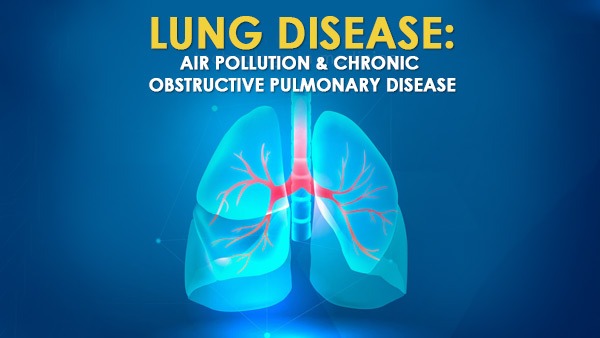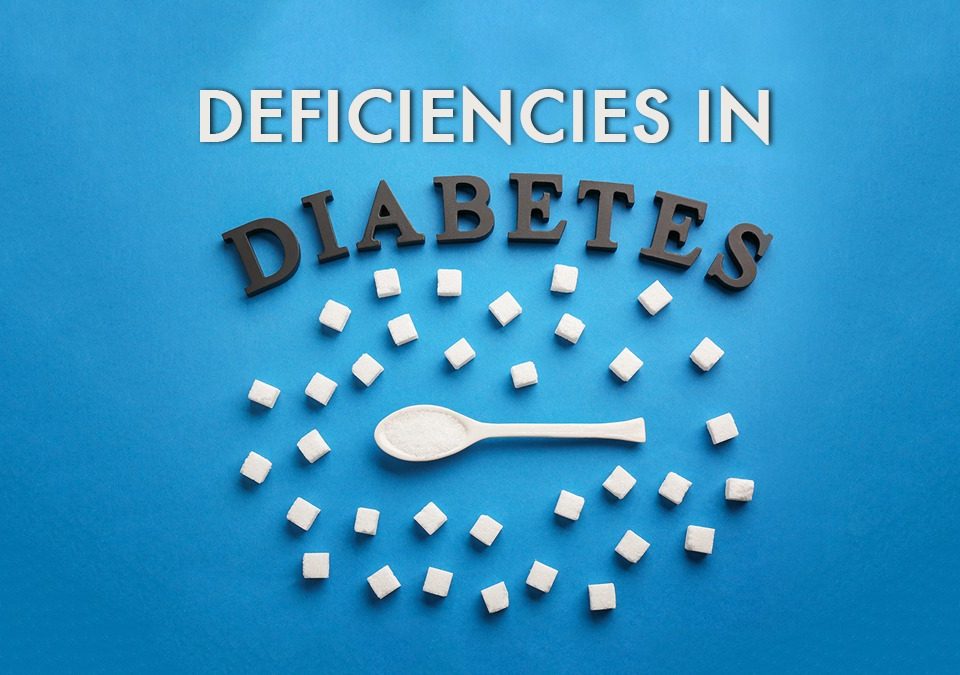Lung Disease: Air Pollution & Chronic Obstructive Pulmonary Disease

Lung disease: Asthma & Nutrition
May 28, 2022
Lung Disease: Cystic Fibrosis
June 25, 2022Lung Disease: Air Pollution & Chronic Obstructive Pulmonary Disease
Nothing is more challenging than watching young or old patients struggle with every breath, requiring nasal oxygen twenty-four hours a day. Nasal oxygen requirements happen in those with COPD (chronic obstructive pulmonary disease), including emphysema, chronic bronchitis, and bronchiolitis. These patients can hardly exert themselves at all and find that their pulmonary disability significantly hampers their joy in living.
Not everyone can make a conscious choice to live in a healthy environment, but prevention weighs heavily on my mind. Here again, I realized it is not the years in life that are important, but the quality of life we have in those years. We need to do whatever we can now to boost our health or re-stimulate it if it’s weakened.
Air pollution is a key player. Considerable evidence shows that inhalation of cigarette smoke and air-borne pollutants causes the increased oxidative stress that is the underlying cause of COPD. Chronic inflammation in one’s airways creates even more oxidative stress, leading to the damage of sensitive lung tissue. This eventually decreases lung function by disrupting the easy transfer of oxygen through these damaged membranes to the blood.
W. Macnee reported in the medical journal “chest” and at the Novartis Foundation Symposium that he felt that there was considerable scientific evidence that oxidative stress was the cause of COPD. He discovered that many of these patients had depleted antioxidants in their lung tissue due to increased oxidative stress and possible dietary deficiency of antioxidants. He stated that antioxidants that have good “bio-availability” (are easily used in the lung) might therefore be potential therapies that would not only protect against the direct injurious effects of oxidants but also may favourably alter the events that have a central role in the development of COPD.
The progression of COPD is relatively resistant to traditional medical treatment, especially steroids. The first task of the physician is usually to help smoking patients quit smoking. This is not an easy task. Getting my patients off cigarettes is more challenging than alcohol or narcotic medication. Still, the benefit to the patient is tremendous. Consequently, I will try almost anything to help my patients quit smoking. As a principle, you must do everything to decrease your exposure to those things that create increased oxidative stress.
The basic principles apply to all of these chronic lung diseases just as it does to asthma. The earlier you start aggressive therapy, the better your chances of hindering its progression. If you are developing COPD and have never been a smoker or are not smoking presently, nutritional treatment may become the best way to flow down the progression of COPD. As many smokers have discovered, once the lung has become seriously damaged, there is little chance of significantly improving lung function.







